
CONTENTS
2. IMPORTANT EVENT: The Industrial Revolution
6. Answer Keys
1. IN THE NEWS THIS WEEK

News item #1: In ice hockey, the US men’s national team defeats Switzerland 1–0 in overtime to win their first World Men’s Championship since 1960.
Vocabulary
ice hockey (n.): a fast team sport played on ice with sticks and a puck
Example: Canada is famous for its strong ice hockey teams.
(to) defeat (v.): to win against someone in a game or battle
Example: The home team defeated their rivals 3–1.
overtime (n.): extra time added to a game when the score is tied; to continue working after regular work hours
Example: The match went into overtime after a 2–2 draw
championship (n.): a competition to find the best team or player
Example: They won the national basketball championship last year.
News item #2: South Korean authorities announce travel bans on former acting presidents Han Duck-soo and Choi Sang-mok, as they are investigated for insurrection along with former president Yoon Suk Yeol, who is already indicted.
Vocabulary:
authorities (n.): people or groups with power to make decisions or enforce laws
Example: The authorities are investigating the cause of the fire.
travel ban (n.): a rule that stops people from entering or leaving a place
Example: The travel ban prevented tourists from visiting the country.
former (adj.): having had a job or position in the past
Example: Barack Obama is a former president of the United States.
acting president (adj. + n.): a person who is temporarily doing the job of president
Example: After the resignation, the vice president became the acting president.
(to) investigate (v.): to try to find out the truth about something
Example: The police are investigating the robbery.
insurrection (n.): a violent attempt to take control of a government
Example: The army stopped the insurrection before it reached the capital.
(to) indict (v.): to officially accuse someone of a crime
Example: The politician was indicted on charges of corruption.
News item #3: Namibia commemorates its first Genocide Remembrance Day to honor the indigenous Herero and Nama peoples who were ethnically cleansed by the German South West Africa colonial forces.
Vocabulary
(to) commemorate (v.): to do something to remember and honor a person or event
Example: Every year, they commemorate the soldiers who died in the war.
genocide (n.): the killing of a large group of people, especially because of their race or religion
Example: The world remembers the genocide in Rwanda with sadness.
indigenous (adj.): the first people to live in a place
Example: Indigenous tribes have lived in the Amazon for thousands of years.
(to) ethnically cleanse (adv. + v.): to force a group of people to leave an area because of their race or religion
Example: The army was accused of trying to ethnically cleanse the region.
colonial (adj.): related to a time when one country controlled another
Example: India was under British colonial rule for many years.
2. IMPORTANT EVENT: The Industrial Revolution
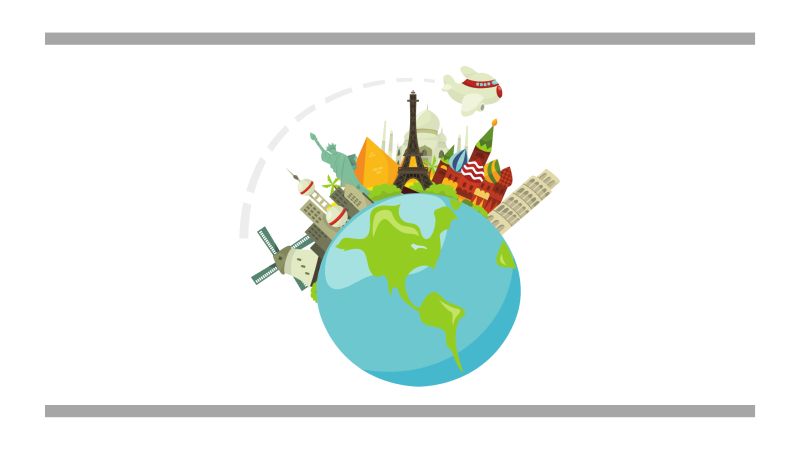
Video
Summary
The Industrial Revolution was a transformative period in the late 18th and 19th centuries. It was marked by rapid industrial growth and innovation in Europe and North America. It brought about significant changes in the production of goods, living and working conditions, and societal structures.
Facts
- Before the Industrial Revolution, goods were crafted manually in small workshops.
- Innovations during the Industrial Revolution facilitated mass production in factories, reducing time and cost.
- The steam engine, a pivotal invention, emerged in the late 18th century, powering machines and transportation, and contributing to industrial growth.
- The shift from rural to urban living occurred as people moved to cities and large towns for factory and mining jobs.
- Urbanization led to a rapid increase in the urban population.
- The Industrial Revolution generated both wealth and prosperity, alongside social and economic challenges such as poverty, disease, and inequality.
- Its impact persists as a major turning point in global history, influencing the world’s socio-economic landscape.
Vocabulary Exercise
Read the definitions of words and phrases. Then complete each sentence with one of the bold words or phrases.
- industrial growth: the expansion and development of industries within a country or region
- turning point: a critical moment or event that marks a significant change in a situation or course of history
- made by hand: created or crafted using manual skills without the aid of machines
- mass production: the large-scale manufacturing of goods using assembly line or mechanized processes
- key factor: an essential element or contributor that significantly influences a situation or outcome
- major shift: a significant change or transition in a particular direction or trend
- Access to education is a ____________________ in reducing poverty.
- The invention of the internet was a _____________________ in the way we communicate and access information.
- _____________________ revolutionized the availability of consumer goods in the early 20th century.
- The _____________________ towards renewable energy is evident in the declining use of fossil fuels.
- The artisan’s products are unique, as they are ____________________ with attention to detail.
- _____________________ in the 19th century led to economic transformations.
(Audio included with the answer key at the end of this lesson)
Are you enjoying this lesson? Support us to keep it free for everyone – click on the “Donate” button …
… or go to this page:
https://donorbox.org/english-class-this-week
3. THIS WEEK IN HISTORY
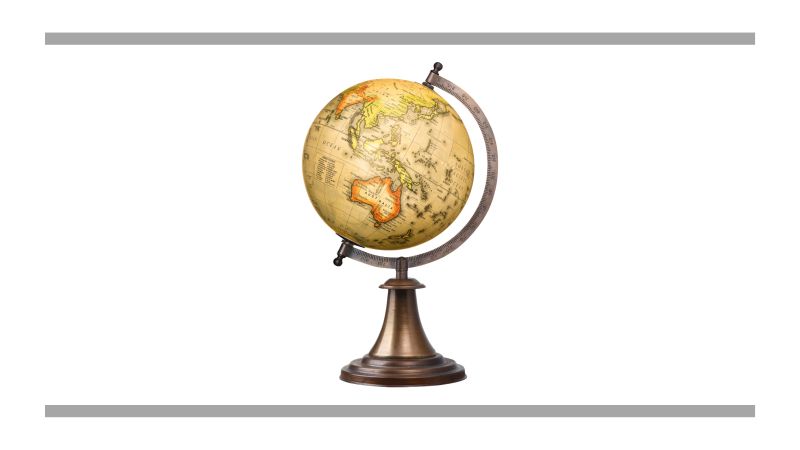
26 May 1923: The first 24 Hours of Le Mans car race started in France, becoming a legendary endurance competition in motorsport history.
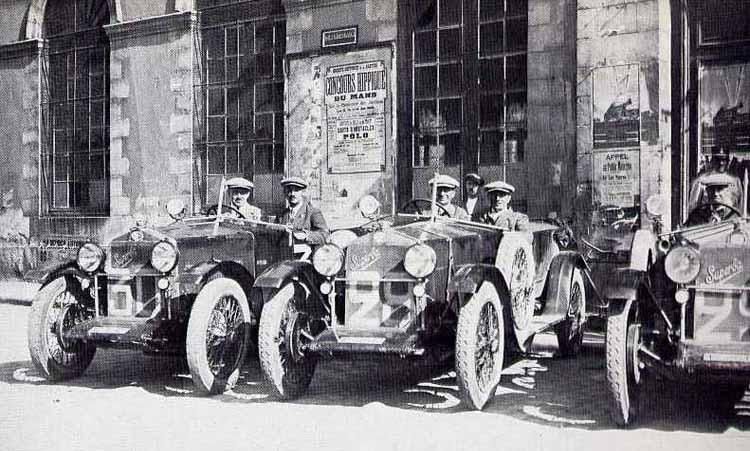
Vocabulary
legendary (adj.): very famous, often talked about in stories
Example: Bruce Lee is a legendary martial artist known around the world.
endurance (n.): the ability to keep going through pain or difficulty for a long time
Example: Running a marathon takes a lot of physical and mental endurance.
motorsport (n.): a sport that involves racing cars or motorcycles
Example: Formula 1 is one of the most popular types of motorsport.
27 May 1937: The iconic Golden Gate Bridge, a marvel of engineering, opens to the public, connecting San Francisco to Marin County and symbolizing American innovation.
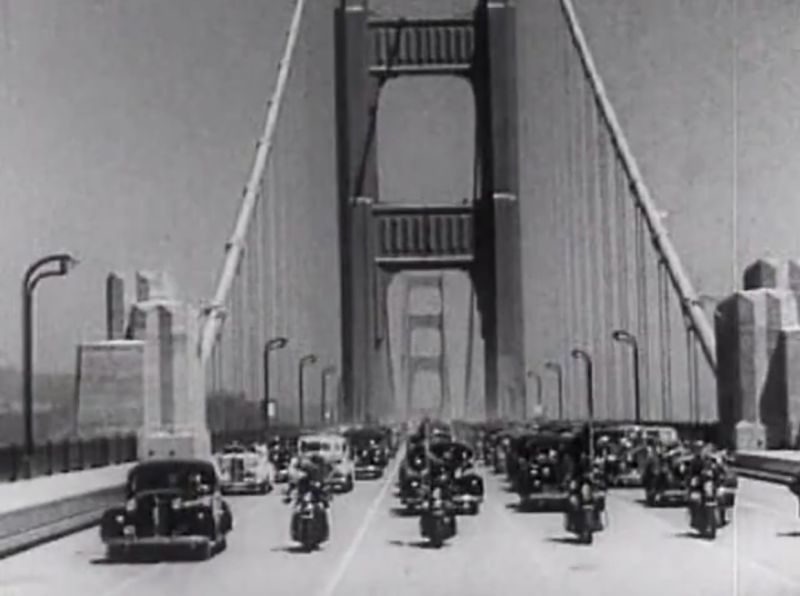
Vocabulary
iconic (adj.): very famous and easily recognized, often representing something important
Example: The Eiffel Tower is an iconic symbol of Paris.
marvel of engineering (phr.): something amazing and impressive created by engineers
Example: The Burj Khalifa is a marvel of modern engineering.
(to) symbolize (v.): to represent an idea or quality
Example: The dove often symbolizes peace.
innovation (n.): a new idea, method, or invention
Example: The smartphone was a major innovation in communication.
28 May 1961: Amnesty International is founded in London. Amnesty International, a global human rights organization, advocates for political prisoners and human dignity worldwide.
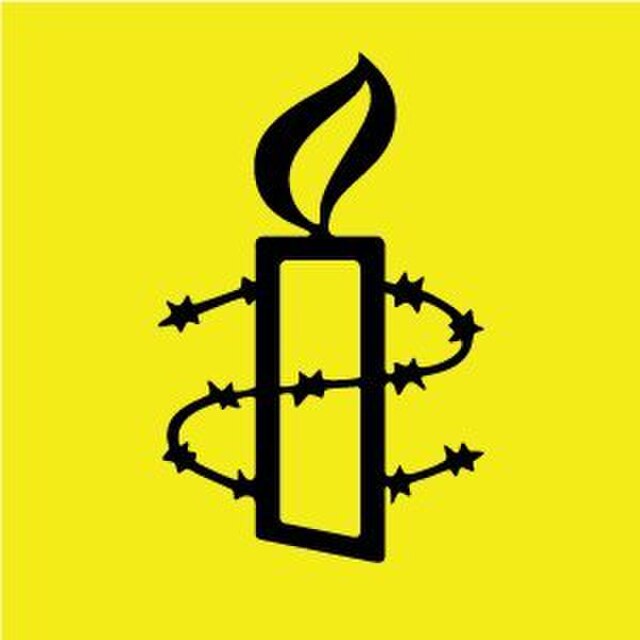
Vocabulary
human rights (n.): the basic rights and freedoms that all people should have
Example: Freedom of speech is one of the most important human rights.
(to) advocate (v.): to publicly support or speak in favor of something
Example: She advocates for better education for girls in rural areas.
political prisoner (adj. + n.): someone put in prison for their political beliefs or actions
Example: He was jailed as a political prisoner after criticizing the government.
dignity (n.): the feeling of being respected and valued
Example: Everyone deserves to be treated with dignity, no matter their job.
29 May 1999: Nigeria returns to civilian rule: After years of military rule, Nigeria transitions to democracy with the election of President Olusegun Obasanjo.

Vocabulary
civilian rule (adj. + n.): a government led by people who are not in the military
Example: After years of military control, the country returned to civilian rule.
military rule (adj. + n.): a government led by the armed forces
Example: The country experienced military rule after a coup.
(to) transition (v.): to change from one state or condition to another
Example: The nation is slowly transitioning to a democracy.
30 May 1431: Joan of Arc is burned at the stake: Joan of Arc, the young peasant girl who helped lead France to victory during the Hundred Years’ War, was executed in Rouen, becoming a symbol of courage and martyrdom.
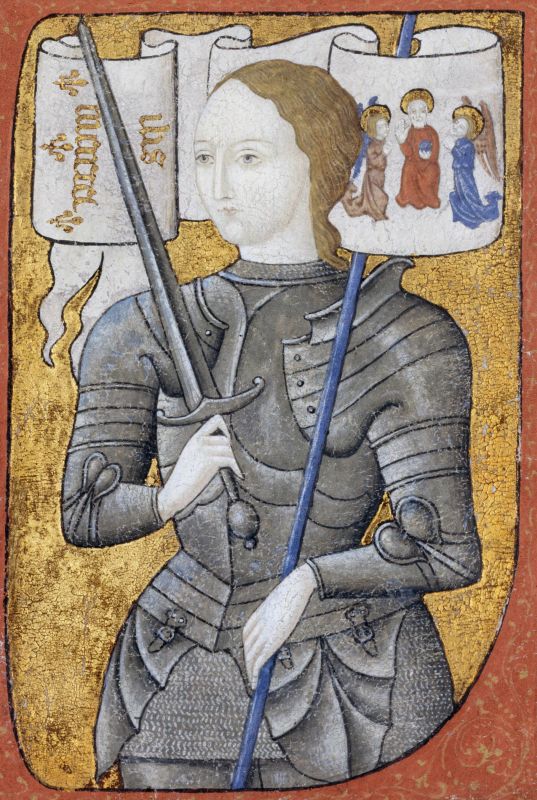
Vocabulary
(to) burn at the stake (v. phr.): to kill someone by tying them to a post and setting them on fire, often used in the past
Example: In the Middle Ages, some people were burned at the stake for heresy.
peasant (n.): a poor farmer, especially one from the past
Example: Most peasants in medieval Europe worked on land owned by nobles.
(to) execute (v.): to kill someone as a legal punishment
Example: The rebel leader was captured and executed by the government.
courage (n.): the ability to face fear or danger bravely
Example: It takes courage to stand up for what you believe in.
martyrdom (n.): the death or suffering of someone because of their beliefs
Example: Her martyrdom inspired others to continue the fight for freedom.
4. GRAMMAR FOCUS

Simple Present Tense: The Golden Gate Bridge connects San Francisco to Marin County.
Present Continuous Tense: Tourists are walking across the Golden Gate Bridge, enjoying the view.
Present Perfect Tense: The bridge has become one of the most iconic landmarks in the United States.
Present Perfect Continuous Tense: Engineers have been maintaining the bridge carefully for decades.
Simple Past Tense: In 1937, workers completed the construction of the Golden Gate Bridge.
Past Continuous Tense: While crowds gathered to watch, workers were finishing the final sections of the bridge.
Past Perfect Tense: Before the bridge opened, people had relied on ferries to cross the bay.
Past Perfect Continuous Tense: Engineers and workers had been working for over four years to complete the project.
Simple Future Tense: The Golden Gate Bridge will continue to attract millions of visitors each year.
Future Continuous Tense: In the coming decades, people will be crossing the bridge in self-driving cars.
Future Perfect Tense: By 2037, the bridge will have stood for 100 years.
Future Perfect Continuous Tense: By 2037, the Golden Gate Bridge will have been serving the region for a full century.
First conditional: If they add more safety features, the bridge will remain safe for generations to come. (Real possibility in the future)
Second conditional: If the bridge were destroyed by an earthquake, it would cause massive disruption. (Imaginary/unlikely situation)
Third conditional: If engineers in the 1930s had not succeeded in building the bridge, San Francisco would have remained less connected to Marin County. (Unreal past condition)
5. QUOTE OF THE WEEK

“Learning is a treasure that will follow its owner everywhere.” – Chinese Proverb
6. ANSWER KEYS

Vocabulary Exercise
Read the definitions of words and phrases. Then complete each sentence with one of the bold words or phrases.
- industrial growth: the expansion and development of industries within a country or region
- turning point: a critical moment or event that marks a significant change in a situation or course of history
- made by hand: created or crafted using manual skills without the aid of machines
- mass production: the large-scale manufacturing of goods using assembly line or mechanized processes
- key factor: an essential element or contributor that significantly influences a situation or outcome
- major shift: a significant change or transition in a particular direction or trend
- Access to education is a key factor in reducing poverty.
- The invention of the internet was a turning point in the way we communicate and access information.
- Mass production revolutionized the availability of consumer goods in the early 20th century.
- The major shift towards renewable energy is evident in the declining use of fossil fuels.
- The artisan’s products are unique, as they are made by hand with attention to detail.
- Industrial growth in the 19th century led to economic transformations.
That’s it for English class this week! See you next Friday!
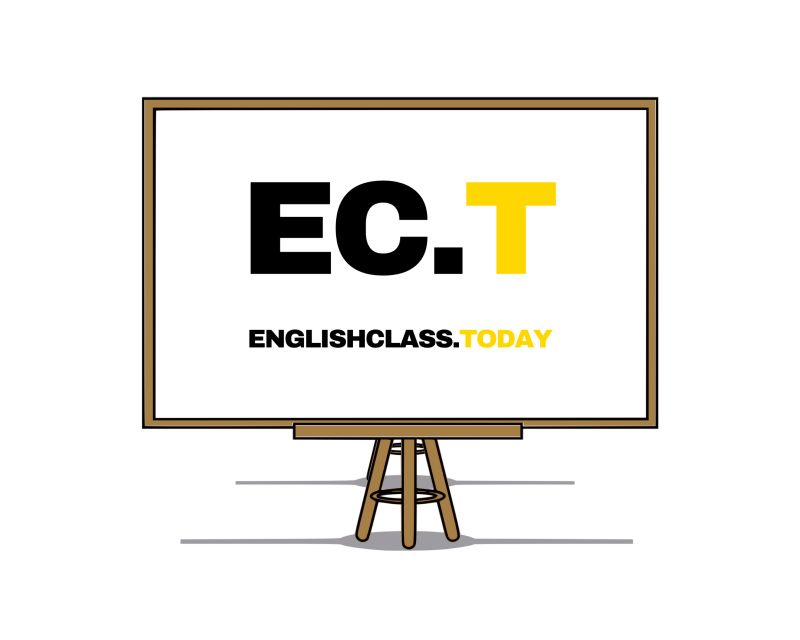
Did you enjoy this lesson? Support us to keep it free for everyone – click on the “Donate” button …
… or go to this page:
https://donorbox.org/english-class-this-week
 Donate
Donate